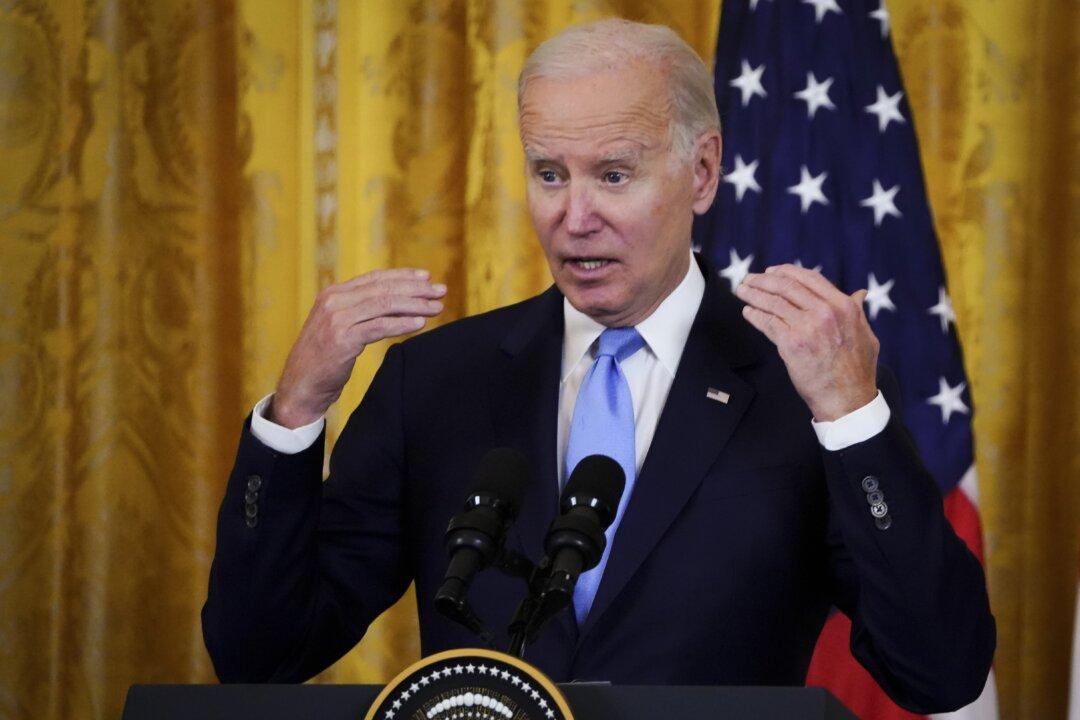President Joe Biden reacted swiftly to the U.S. Supreme Court’s decision to invalidate his plan to forgive many student loans by announcing new measures to provide relief to borrowers.
Biden made a televised statement on June 30, within hours of the court decision, promising to provide debt relief for some borrowers and a temporary measure to ease the transition back to loan repayment after a pause of over three years.





